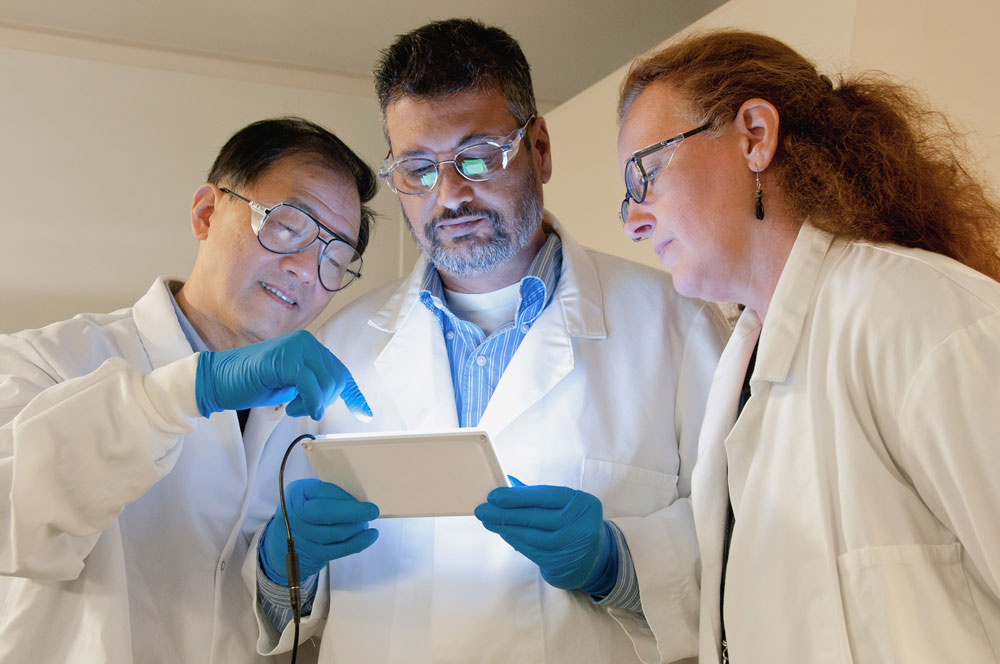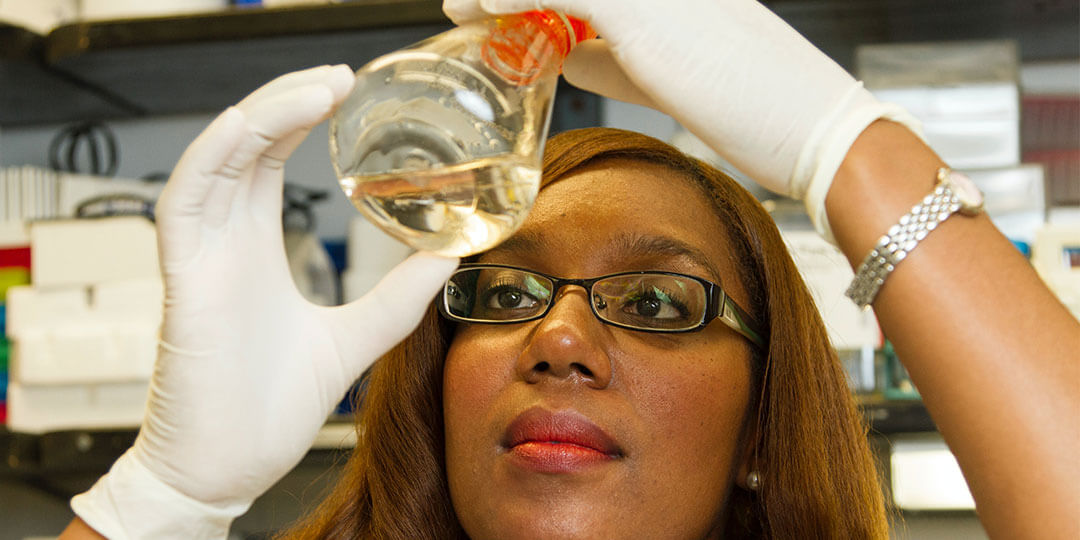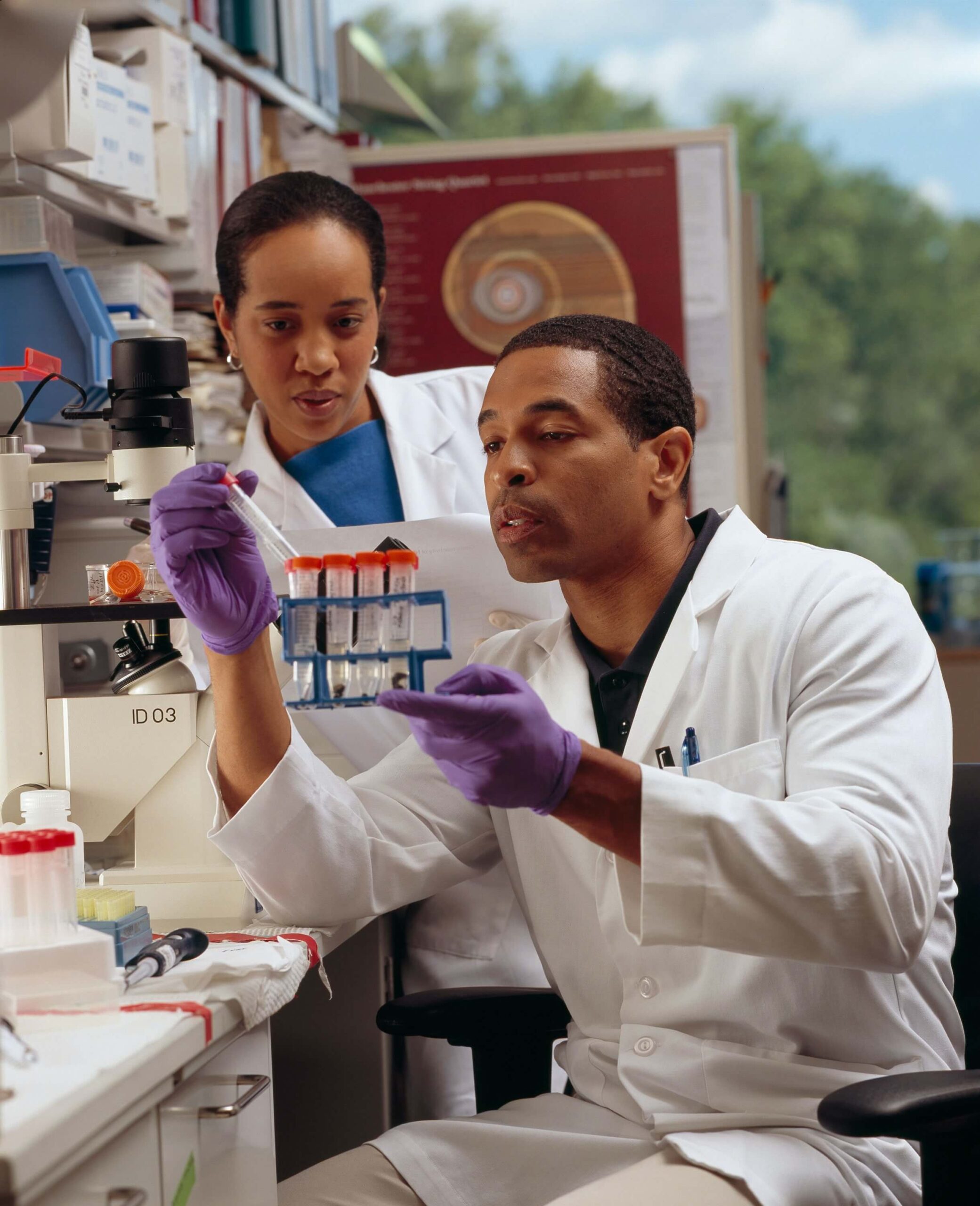About

A Voice for All
The California Clinical Laboratory Association (CCLA) was formed in November 1976 by a group of people representing both small and large laboratories. The founders felt that the California lab community needed to have its own program and voice.
Support
CCLA is an active organization designed to deal with State regulations and legislation and to supplement the activities of the American Clinical Laboratory Association on Federal issues.
Advocacy
We have grown to become instrumental in the formation and enactment of State and Federal laboratory legislation.
Community
CCLA activities include monthly business meetings and an annual meeting held in November of each year.
Supporting the Laboratory Industry

Medi-Cal Provider Rates
Protecting and increasing Medi-Cal provider rates has been a main focus of CCLA through the years.

Medicare Carrier Advisory Committee
In 2007, CCLA formed a special Medicare sub-committee. This group consists of members of CCLA who have quarterly meetings with staff at the Department of Health Care Services to discuss issues relating to the Medicare program.

Legislation and Regulations
Throughout the years, CCLA successfully stopped many bad bills and has helped enact important new laboratory laws.

CCLA Goals
- To actively participate in the public policymaking process and ensure the governmental reimbursement rates for clinical laboratory services will allow full participation by laboratories and adequate access to services for Medicare and Medi-Cal patients.
- To encourage the enactment of uniform laboratory legislation and administrative regulations for the protection of the public.
- To encourage the enactment of non-restrictive legislation, regulation and policies so as to permit the free flow of commerce, and to assure laboratory operations which best serve the interests of the public.
- To cooperate with governmental authorities, professional associations and other interested parties in the health field, in order to provide better health care to the public.
